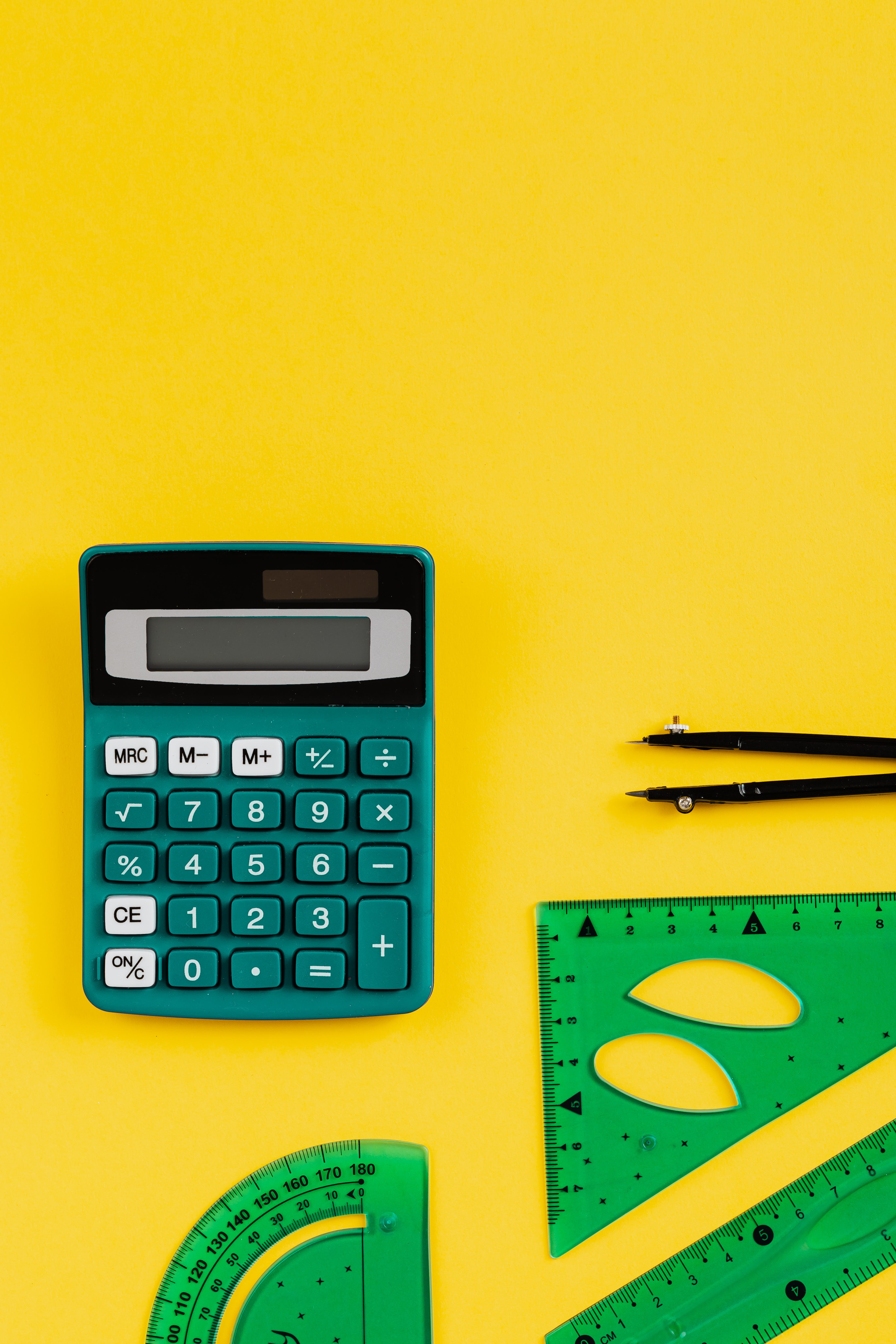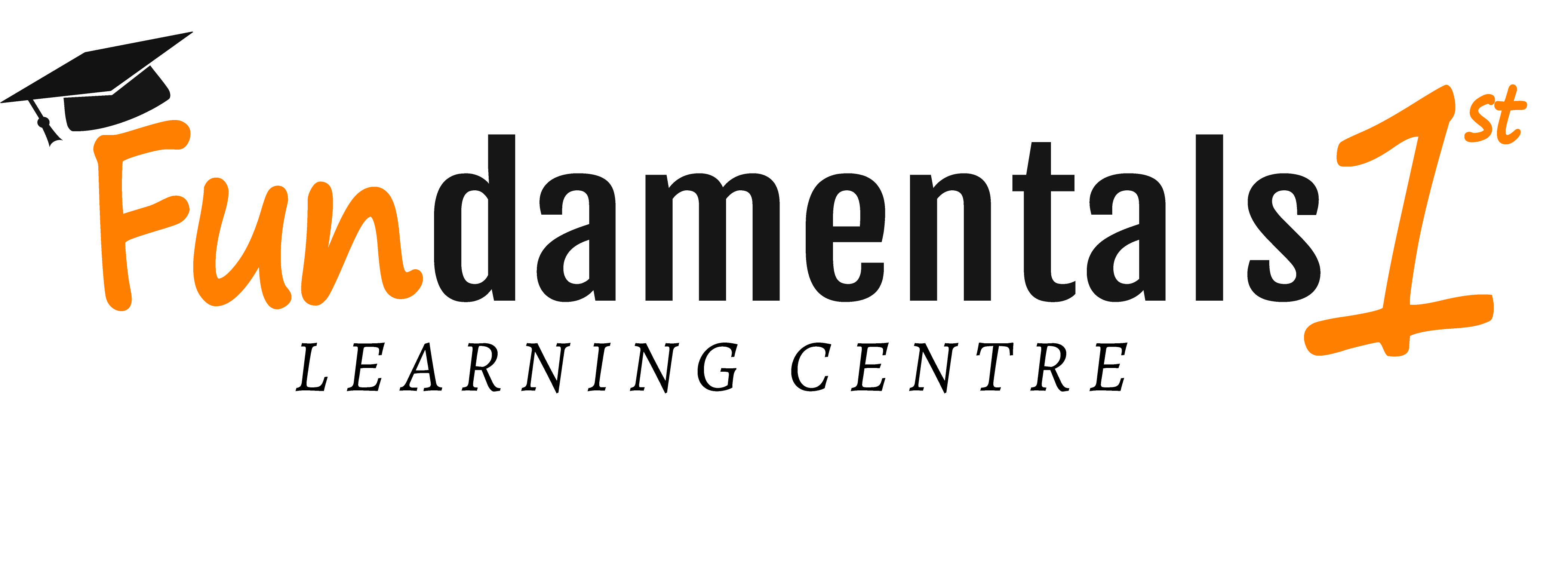
The Hidden Superpower: Why Fundamental Mental Math Skills Matter
In a world buzzing with calculators, apps, and AI tools, it’s easy to think mental math is outdated. After all, why stress over quick calculations when your smartphone can do it faster?
But here’s the truth: fundamental mental math skills are a hidden superpower—one that sharpens your brain, builds confidence, and gives you a major advantage in everyday life.
Mental Math Builds a Sharper, Faster Brain
Think of mental math like a workout for your mind. When you calculate in your head—whether it’s figuring out the tip at a restaurant or estimating the cost of groceries—you’re boosting your memory, focus, and problem-solving speed.
Studies show that mental math strengthens neural connections. Over time, this brain “muscle memory” doesn’t just help with numbers—it enhances all types of thinking, from critical analysis to creative problem-solving.
Confidence You Can Feel (And Others Can See)
Imagine you’re in a meeting, and someone asks for a quick percentage change. While others reach for their calculators, you effortlessly answer. That moment? It leaves an impression.
Having solid mental math skills makes you look prepared, sharp, and capable. It’s a small thing that translates into big confidence—and people notice.
Real Life Runs on Quick Calculations
Mental math isn’t just for math class. It’s everywhere:
- Splitting a bill with friends
- Figuring out discounts while shopping
- Planning time on the fly (“If it’s 2:15 now and the movie starts in 45 minutes, when should we leave?”)
- Estimating travel times, budgeting, cooking conversions… the list goes on.
When you rely only on calculators, small mistakes can creep in. When you rely on your mind, you spot errors faster and make smarter decisions.
It’s a Skill, Not a Talent
Here’s the best part: you don’t have to be a “math person” to be good at mental math. It’s like learning to ride a bike or play an instrument—it just takes practice. Start small:
- Add and subtract small numbers without paper
- Estimate totals when shopping
- Practice quick multiplication tricks
The more you flex your mental math muscle, the stronger it gets.
How to Start Building Your Mental Math Skills
Getting better at mental math doesn’t have to be overwhelming. Here’s how you can start, even if you feel “rusty” with numbers:
- Master the Basics
Focus on addition, subtraction, multiplication, and division with small numbers first. Use simple flashcards or quick drills to build speed and confidence. - Practice Estimation
Estimating totals while shopping, or guessing the answer before calculating it, trains your brain to think fast and flexibly without getting stuck on exact numbers. - Learn Tricks and Shortcuts
There are tons of mental math hacks—like doubling and halving numbers for easier multiplication, rounding numbers for quick addition, or breaking apart complex problems into smaller steps. - Play Math Games
Apps like Elevate, Lumosity, or even classic games like Sudoku and 24 can sharpen your calculation skills while keeping things fun. - Make it a Daily Habit
Spend just 5–10 minutes a day doing mental math. Whether it’s timing yourself to add numbers quickly or doing “mental sprints” while waiting in line, small, consistent efforts add up fast.
Remember: it’s not about being perfect—it’s about being engaged. Little by little, your mind will become quicker, sharper, and more confident with numbers.
Comments
Sorry, the comment form is closed at this time.





JiliPH May 9, 2025 6:31 pm
I enjoyed reading this article. Thanks for sharing your insights.